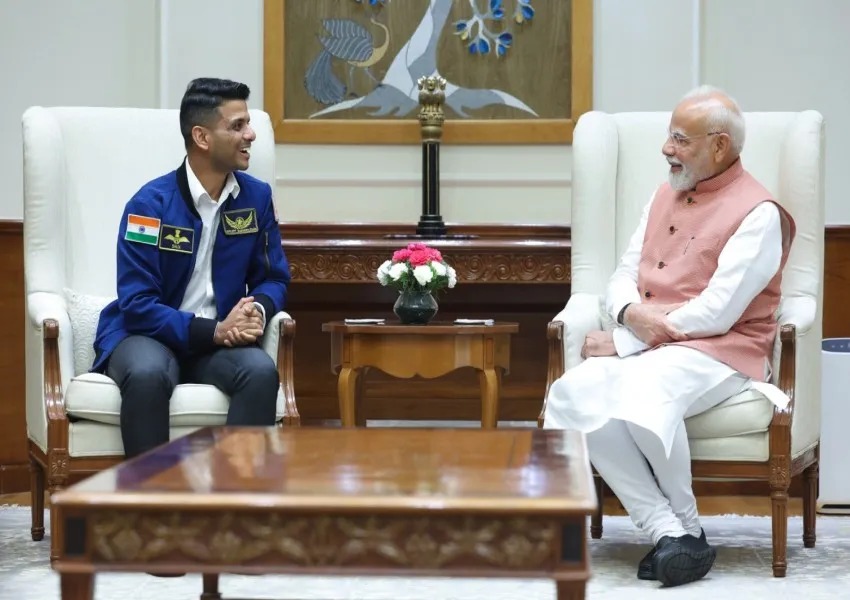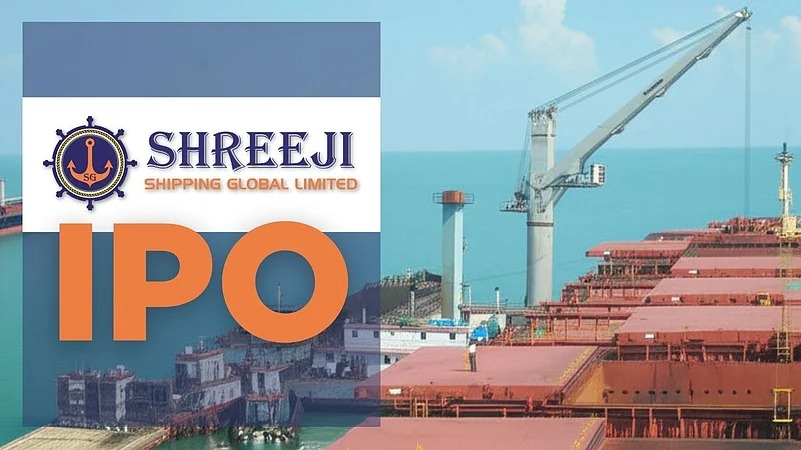
Follow WOWNEWS 24x7 on:

A Hero’s Homecoming
In a moment that captured the spirit of India’s scientific ambition, Prime Minister Narendra Modi met Group Captain Shubhanshu Shukla on August 18, 2025, following his historic journey to the International Space Station. Shukla, who became the first Indian astronaut to visit the ISS as part of the Axiom-4 private space mission, returned to Earth on July 15 after an 18-day stay aboard the orbital lab. The meeting at the Prime Minister’s residence was marked by warmth, pride, and a renewed commitment to India’s space future.
Key highlights from the interaction
1. Shukla presented PM Modi with the Indian tricolour he carried to space and the Axiom-4 mission patch
2. Modi praised Shukla’s achievement as a milestone in India’s space journey and reaffirmed support for the Gaganyaan mission
3. The meeting covered Shukla’s space experiences, India’s scientific progress, and future human spaceflight goals
4. Shukla’s ISS experiments will directly inform India’s Gaganyaan programme, especially in crew health and microgravity research
Symbolism and Sentiment
The meeting was more than ceremonial. Shukla, dressed in his ISRO astronaut jacket, gifted the Prime Minister the tricolour that had fluttered aboard the ISS during his mission. This same flag had been visible during Shukla’s live interaction with Modi from space on June 29. The Prime Minister embraced Shukla warmly, walking with his arm around the astronaut’s shoulder—a gesture that underscored national pride and personal admiration.
- Shukla showed Modi photos of Earth taken from the ISS
- Modi described the interaction as enriching and inspiring
- The astronaut expressed excitement about sharing his learnings with the nation
Gaganyaan: India’s Human Spaceflight Dream
The conversation between Modi and Shukla also focused on Gaganyaan, India’s flagship human spaceflight programme. With test flights already underway and crewed missions expected in the coming years, Shukla’s mission is seen as a critical precursor. His documentation of training, health protocols, and microgravity experiments will serve as foundational data for ISRO’s upcoming crewed missions.
- Gaganyaan aims to send Indian astronauts into low-Earth orbit aboard an indigenous spacecraft
- The mission is expected to cost over Rs 10,000 crore
- Shukla’s ISS work included over 60 experiments in biology, AI, materials science, and cognitive performance
Parliamentary Recognition and Public Engagement
Shukla’s return was also acknowledged in the Lok Sabha, where Speaker Om Birla praised his achievement as a source of national pride and youth inspiration. A special discussion was held on India’s space programme and its role in achieving Viksit Bharat by 2047. Despite political tensions, Shukla’s feat drew bipartisan admiration, with leaders across the spectrum lauding his contribution.
- Union Minister Kiren Rijiju urged MPs to participate in the discussion
- Congress MP Shashi Tharoor praised Shukla’s mission as a stepping stone for Gaganyaan
- Shukla will participate in National Space Day celebrations in Delhi on August 22–23
Looking Ahead: From ISS to Indigenous Orbit
Shukla’s journey marks a turning point in India’s space narrative. His collaboration with international astronauts and contribution to global research elevate India’s profile in the space economy. More importantly, his mission bridges the gap between aspiration and execution, laying the groundwork for India’s own human spaceflight capabilities.
- India plans to build its own space station by 2028
- Shukla’s insights will help shape astronaut training and mission design
- His return has sparked renewed public interest in space science and STEM education
Conclusion: A Nation Inspired
Prime Minister Modi’s meeting with Shubhanshu Shukla was not just a celebration of one man’s achievement—it was a reaffirmation of India’s cosmic ambitions. As the Gaganyaan mission gathers momentum, Shukla’s legacy will serve as both blueprint and beacon. In the words of Modi, India is proud of his feat—and ready to reach for the stars.
Sources: The Hindu, BusinessWorld, Times of India, MSN India, ABP News, Pragativadi, PM India Website


